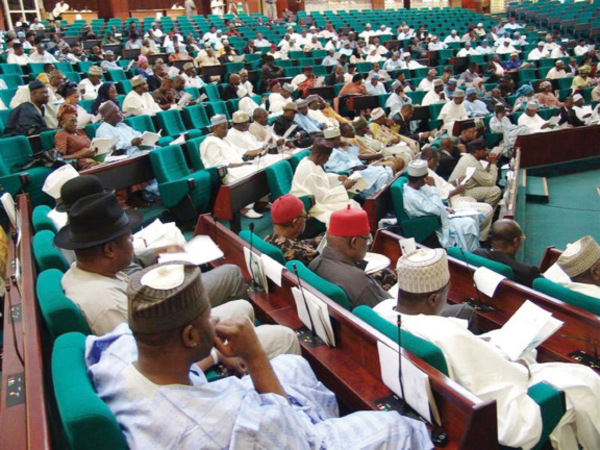Dr Abbas Tajuddeen, member representing Zaria Federal Constituency in the House of Representatives, on Wednesday said more than N5 trillion government projects were abandoned across Nigeria.
Tajuddeen made the disclosure in an interview with the News Agency of Nigeria (NAN) in Zaria, Kaduna State.
Tajuddeen, who expressed “deep worry” over the situation said the country was incurring huge losses due to the abandonment.
He said that the Bill for the amendment of the Public Procurement Act which he sponsored was to address issues of abandoned projects among others.
“This is because, today Nigeria has more than N5 trillion worth of abandoned projects and if you trace the history of these projects, you will find out that they are predominantly caused by contractors’ neglect.
“We believe that by coming-up with an additional legislation to provide for additional fines and damages against contractors, issues of contracts abandonment will become history in Nigeria,” he said.
According to him, he has so far sponsored ten Bills, six motions and presented two petitions with a view to effect positive change and improve the lives of citizens.
The bills included the one seeking to amend the National Universities Commission Act, to give the commission the power to regulate the conditions of service and procedure for engagement of academic staff.
“This a very significant bill, because it will amend the minimum standard for education and establishment of an institution, so as to provide a guideline for regulating conditions of service.
“It will also regulate procedures for engagement of visiting and part-time lecturers in our tertiary institutions.
“If you know what is happening in Nigerian universities today, you will agree with me that there is no better time for a Bill to regulate the activities of universities than now,” he said.
The lawmaker lamented that some senior lecturers of universities, under the disguise of visiting lecturer-ship were taking employment with up to six universities at a time.
“On the average, if a lecturer tries, he or she will stay, may be for a day every two weeks in their university of primary assignment.
“The rest of the 13 days of these two weeks will be spent going round the country to other universities lecturing on part-time at the expense of their original employer.
“The implication is that the university that engages them and pays their salaries and allowances is losing a lot as there is no commitment to the job.”
According to him, such acts negatively affects researches and project supervision, as well as the quality of university education in Nigeria, hence the need for the regulation.
The lawmaker also said a motion to stop medical officers in public service of the Federal Government from engaging in private medical practice was sponsored by him.
“If you go to our public hospitals today, hardly you see consultants, it is either they have their own hospitals or they are engaged in consultancy services in other private hospitals.
“The implication of this is that the desired attention and commitment that they are supposed to put in their areas of primary assignment will not be achieved.
“A lot of these medical doctors spend very minimal time in the public hospitals, they devote most of their time in their private clinics because there is no any law regulating their activities,” Tajuddeen said. (NAN)

